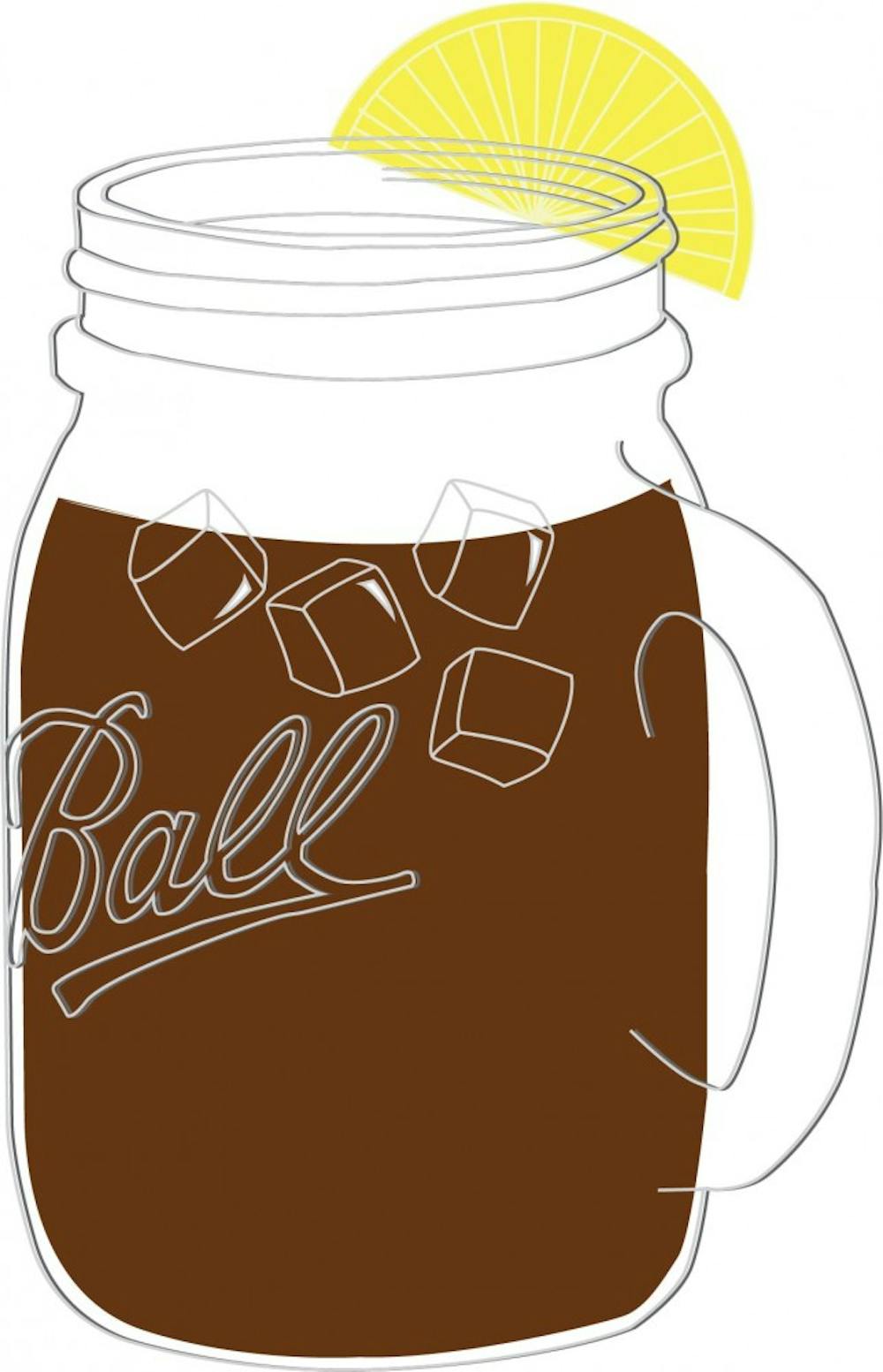Carmen Brysch, lecturer of geography at Auburn University, describes the South as the greatest perceptual region of all time.
With this in mind, defining the South in a cultural sense can be rather difficult since each person will have a different idea of what the South is and its customs.
One way to approach this is to look at the South as something that has sub-regions.
“One thing that we try to think about in my classes is that we do want to minimize any idea of a monolithic South, but then we also want to deal with different ‘Souths’ in their specificity,” said Erich Nunn, associate professor in the English department.
Since the South covers such a wide region of the country, some customs and values may be very prominent in one part but not nearly as much in another.
One point of value can be food.
Jennifer Brooks, associate professor in the history department, said a lot of Southern food is rooted in African and Native American influences and has some smaller European influences, too.
Nunn added that the Caribbean had an influence on Southern food, specifically in Florida. One example of a possible Southern food is barbecue, which is heavily inspired by some Native American cuisine.
Another big cultural value in the South is music. Brooks said blues and jazz specifically have a lot of ties to the South due to the larger African-American population in the Southern region prior to the 1940s.
“So, you have this rich musical tradition. Music, of course, is used by people to express who they are and what’s going on in their lives, then you mix that in with this injustice of slavery and not just slavery but all the other sort of tragedies of the South historically,” Brooks said. ”Then kind of produce some really rich, very moving music.”
She suggested the band Carolina Chocolate Drops as a good example of historic Southern music with a modern twist.
Another notable element of the South is speech.
Words that are considered Southern and the right way to say certain words is once again heavily driven by perception.
Brooks said in her Southern history class, she has students write what words are Southern to them and discuss some of the ideologies and stereotypes behind them.
One word largely considered Southern is “y’all,” Nunn said. The origins of this word are difficult to pin-point, but he said this type of vernacular is common.
“Many languages have a second person plural,” he said. ”There are other versions of it in various American regional Englishes.”
As far as what in history has made the South a more defined region, Brooks and Nunn both cited slavery as a prime factor.
“I would identify slavery as being the key element because if you take that away, would there have been a Confederate, or would there have been a Civil War? I don’t know,” Brooks said. ”Slavery was a national institution, but it was carried out in, you know, its most pervasive form in this part of the country. If you take that away, it’s hard to imagine that kind of separate regional consciousness being formed as strongly.”
Although Nunn agrees that slavery is a factor, he added to the idea of how to approach that element.
“First of all, we have to reckon with that history, then I think the next step is to reframe our thinking of the South — to understand the South as a diversity of experiences and histories,” Nunn said.
Although there are historical elements that can show the background of some of the ideas associated with Southern culture, Brysch, Nunn and Brooks all emphasized that, as far as what Southern culture is, it’s largely based upon each individual’s perspective.
Do you like this story? The Plainsman doesn't accept money from tuition or student fees, and we don't charge a subscription fee. But you can donate to support The Plainsman.

Abigail Murphy, senior in journalism with minors in history and women and gender studies, is the operations managing editor at The Auburn Plainsman.





